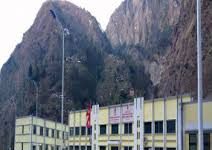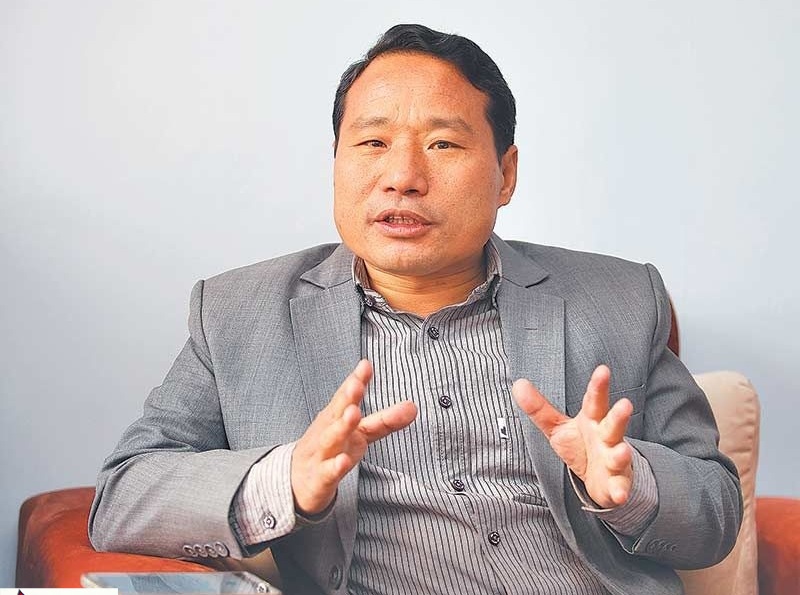In March 2014, Malé decided to close its High Commission office in Dhaka because of the reduction in the annual budget. At that time, Dhaka offered to pay the rent for the Maldives’ embassy office and bear other local official expenditures in Dhaka. Though the Maldives politely rejected this offer, this implies the closeness and depth of the relationship between these two South Asian Countries.
Recently, the Honorable Prime Minister (PM) of Bangladesh, Her Excellency Sheikh Hasina, along with her entourage completed her maiden six-day visit to the Maldives accepting the invitation of the Maldives’ President Ibrahim Mohamed Solih. It is the need of the hour to analyze the significance of this visit and delve into the message it carries.
The journey of Bangladesh and Maldives’ diplomatic ties started on 22 September 1978. Since then, these two countries are maintaining a cozy bilateral relation with cooperation in trade, investment, security, and military assistance. In order to encourage bilateral trade, Maldives Government removed duty on Bangladeshi goods in 2011. And, this results in a boost in Bangladeshi exports especially pharmaceutical products to the Maldives. Many Bangladeshi migrants, approximately 70 to 80 thousand, are working in the Maldives as expatriates which contribute directly to the foreign exchange reserves of Bangladesh. During the pandemic of covid-19, Bangladesh Navy sent more than 100 metric tons of food and pharmaceutical goods to the Maldives and Bangladesh Air Force actively participated in the covid-19 vaccination program there in 2021.
The significance of the recent visit
The visit of Bangladesh’s PM to the Maldives is significant, not only for Bangladesh and Maldives but also for other South Asian countries, for a number of reasons that deserve to be discussed in detail. Firstly, this visit will enhance existing bilateral relations on trade, connectivity, investment, agriculture, information and communication technology, human resource development, culture, and community welfare as leaders of both states hold dialogues putting the highest importance on these issues. Secondly, the signing of MoU for the recruitment of skilled health care professionals will open a career window for relevant practitioners. On one hand, it will generate foreign exchange for Bangladesh by creating jobs for Bangladeshi health care professionals and on the other hand, it will improve the overall health care industry in the Maldives. And this is how it will create a win-win situation for both countries.
Thirdly, the agreement for Elimination of Double Taxation will ensure that honest taxpayers do not have to pay tax in two countries for the same income. This will effectively promote FDI in both countries by motivating foreign investors. Fourthly, Bangladesh gifted 13 military vehicles, as a token of friendship, to the Maldives which will enhance security cooperation and strengthen the fraternal ties among the security forces of these countries. Fifthly, Bangladesh inked an agreement to lend a $200 million loan to the Maldives during the visit. This is the second time Bangladesh is going to lend to any country, after Sri Lanka, which once again proves Bangladesh’s economic rise and financial strengths in this region. Besides, it also shows how to hold hands of close friends during their critical times.
Sixthly, the decision to cooperate in Youth and Sports Development will contribute greatly to improving this sector by encouraging youth to actively participate in sports and by patronizing local sports-related organizations. Seventhly, from now the citizens of Maldives will get visa-free entry to Bangladesh which will not only increase people-to-people connectivity but also increase trade volume and foster the tourism sector of Bangladesh. Eighthly, the agreement to transfer “sentenced prisoners” will also help these countries to bring the culprit to their land for justice. Finally, Bangladesh’s PM declared that Biman Bangladesh Airlines is all set to launch air connectivity with the Maldives which will increase bilateral trade and investment and subsequently have a long-run positive impact on the livelihood of the people of these countries.
What else could have been done?
This century is remarkable for minimizing geographical distance by removing visible and invisible trade barriers. As a “maritime neighbor”, Bangladesh and Maldives may have been discussed for a Free Trade Agreement (FTA) to remove tariff and non-tariff barriers of bilateral trade that artificially impede the free flow of goods and services. Besides, they could have designed a roadmap for enhancing “maritime connectivity” by creating opportunities for the Maldives to use different seaports of Bangladesh. Both countries may have enhanced cooperation for getting the optimum output of “Blue Economy” utilizing marine resources e.g., oil, gas, sand, fish, seafood, minerals, sand and gravel, renewable energy, etc. As climate-vulnerable countries, they could have been planned to work together to counter the climate crisis.
The Bangladesh’s PM visit to the Island country reflects the importance it attaches to this bilateral relationship as long-standing friends. It is an effort from Bangladesh’s side to deepen ties with South Asian countries which is needed for the country’s aspiration of becoming a “Middle Power”. But there are many critical issues, equally important for both countries, that could have been addressed to make the visit more fruitful. As both countries have similar religious values, cultural practices, and developmental aspirations, they should have declared a clearly defined plan on how they are going to cooperate with each other in the coming days to take the ties to a new plane of the bilateral equation.















